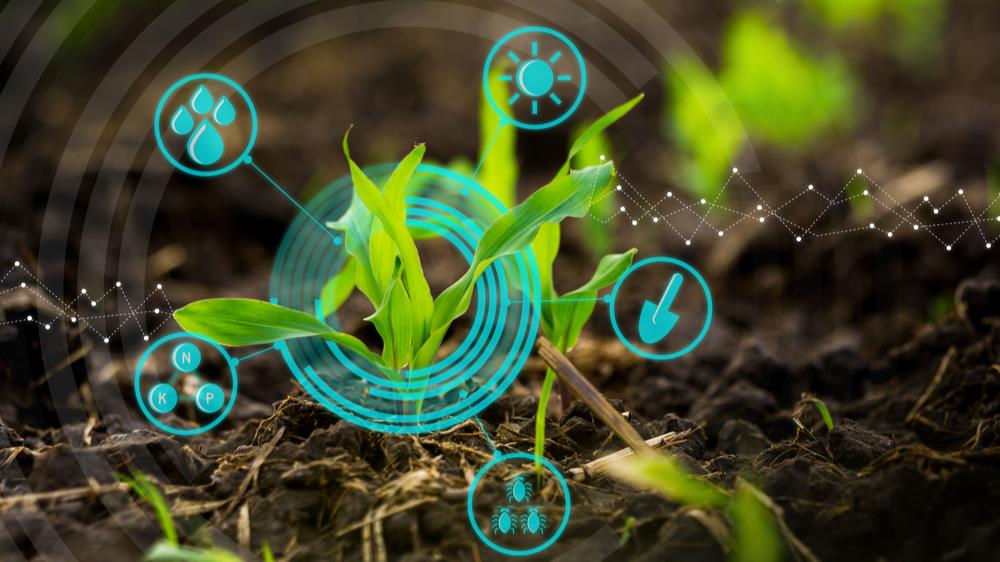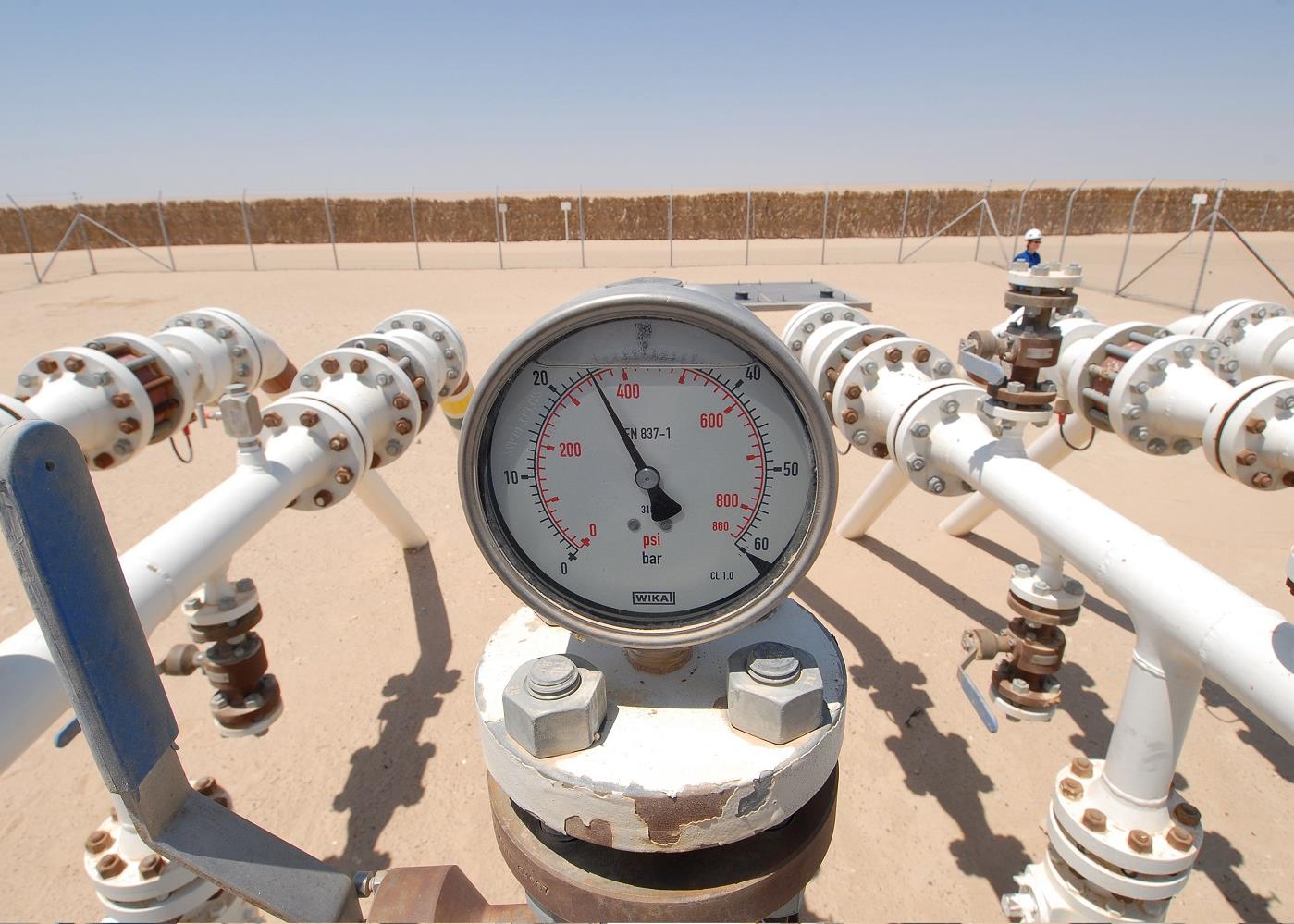

The pandemic, and the resulting supply chain issues, have underscored how reliant the Middle East is on imports.
The blockage of Egypt’s Suez Canal in March 2021 by a container ship left hundreds of vessels stuck in a traffic jam and disrupted global trade. The canal is the fastest shipping route between Europe and Asia, and is one of the main sources of foreign income for the Egyptian government.
For the GCC region, which meets nearly 80 per cent of its domestic food needs through imports, ensuring a steady supply is critical.
At the height of the pandemic in the GCC, governments adopted Kuwait’s proposal to establish a common food supply network to counter any shortages. And while already a booming trend, investments in agriculture technology (agritech) as a means of increasing local production capacity has grown significantly in the past 18 months.
An appetite for innovation
Investing in food technology is not new in the region.
The 1970s marked the start of a major agricultural development programme in Saudi Arabia. The government extensively promoted the adoption of modern farming technology, developed rural roads, encouraged agricultural research and created storage facilities. This led to Saudi becoming fully self-sufficient in supplying some food essentials.
In recent years, changing consumer behaviours and growing investor confidence have further bolstered innovation.
Increasingly, consumers are paying attention to where their food comes from and want food that is fresher, grown locally and uses less of the world’s finite resources.
Established agritech companies such as Pure Harvest; &ever, which was recently acquired by Kalera; and Nanoracks (StarLab Oasis) have received government investments or entered into partnerships in markets including Dubai, Abu Dhabi and Kuwait. Their experiences will help accelerate the maturity of the sector in the region.
However, it is not just the bigger, more well-known industry players that are benefitting. According to CB Insights, more than $6.4bn was raised in 2020 through 460 global agritech investments that are enabling technology providers and next-generation crop producers to expand their operations. This was a record year for agritech investment levels.
Investors in agritech are looking for some of the same criteria as in other sectors, such as return on investment and team dynamics. However, growing interest in environmental, social and governance (ESG) is driving long-term sustainability for agritech investments.
Securing funding
Positive investor sentiment resulted in Red Sea Farms attracting $16m of funding in August 2021, well ahead of its $10m target.
The early investors in the round came from Saudi Arabia and the UAE, including the Future Investment Initiative Institute; King Abdullah University of Science & Technology (KAUST); Wa’ed, Saudi Aramco’s entrepreneurship arm; and UAE-based venture capital group Global Ventures. This was subsequently followed by investments from Bonaventure and AppHarvest from the US.
Over $6.4bn was raised in 2020 through 460 global agritech investments that are enabling technology providers and next-generation crop producers to expand. This was a record year for agritech investment levels.
Red Sea Farms has researched, developed and delivered solar, cooling and artificial intelligence-led monitoring technologies, and has grown crops using salt water in the harsh Saudi Arabia climate. While many agritech companies focus on one component of the agritech model or grow crops using imported, off-the-shelf technology, Red Sea Farms has created a complimentary stack of technologies adapted for the region.
These technologies can be deployed in other tough climates around the world. Hubs championing agritech, such as Singapore and the US, should be interested in the various elements of the technology stack model as it complements and pairs with existing technology and food-grower offerings in which they are already invested.
Springboard for change
Meeting future demand through local production is one reason why the boom in agritech is good for the region.
The use of appropriate technologies can improve food security, reduce use of finite resources, improve public and economic health and create employment opportunities.
Events such as Expo 2020 Dubai can provide opportunities to draw attention to the need for such solutions.
The telephone, computer and television were first exhibited at World Expos, along with many other innovations. Food products we use every day have been launched at expos, from Heinz Ketchup to popcorn and the ice cream cone.
- Societies hungrier than ever for sustainable food systems
- The nexus approach to sustainability
- Tackling world poverty with smartphones
One of Expo 2020's upcoming themed weeks focuses on food, agriculture and livelihoods, exploring how to sustainably grow food to meet future demand.
Through the expo, the UAE and international participants can showcase the path for change, resulting in even more confidence and an inspired vision for the future of agriculture.

You might also like...

Rainmaking in the world economy
19 April 2024

Oman receives Madha industrial city tender prices
19 April 2024

Neom seeks to raise funds in $1.3bn sukuk sale
19 April 2024

Saudi firm advances Neutral Zone real estate plans
19 April 2024
A MEED Subscription...
Subscribe or upgrade your current MEED.com package to support your strategic planning with the MENA region’s best source of business information. Proceed to our online shop below to find out more about the features in each package.






